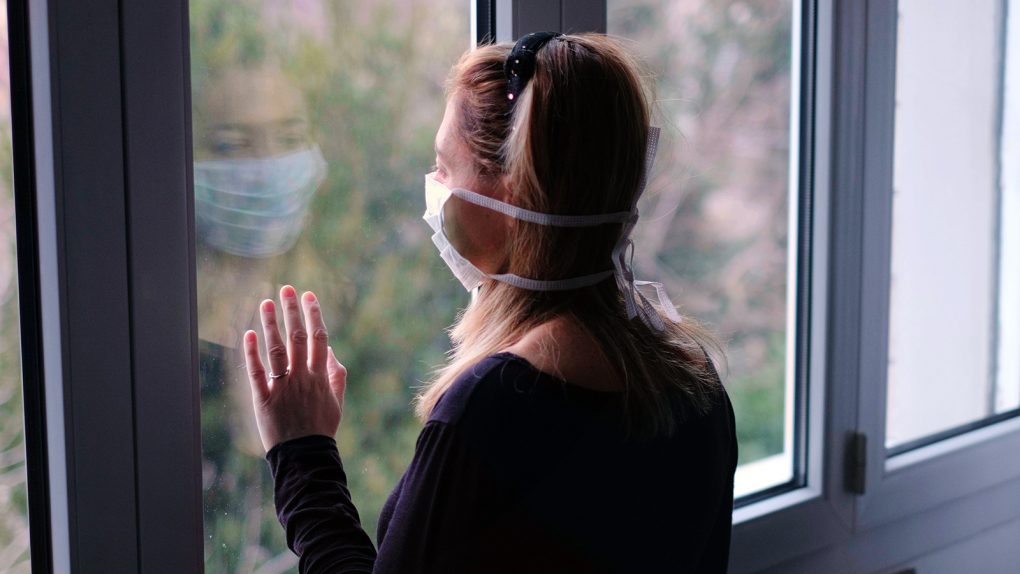- A new study says that a common household toxin can increase the risk of coronavirus complications and COVID-19 death.
- People exposed to a type of mold called aspergillus can develop coronavirus disease-associated aspergillosis, which can prove to be fatal, especially in patients who suffer from other medical conditions that are risk factors for COVID-19.
- The researchers say that antifungal therapy might improve the survival rates in patients suffering from the coronavirus-aspergillus dual infection.
The novel coronavirus has been surging for several weeks in the US and most European countries, with the new wave breaking records. On Friday, around 100,000 Americans were diagnosed with COVID-19, marking a new global record in daily cases. The number of infections surpassed 91,000 on Election Day. The good news is that the number of daily deaths hasn’t gone to record highs, although around 1,000 people still die every day of COVID-19 in the US. Experts warn that as the number of cases rises, so will the number of deaths.
Doctors can save more lives right now than in March and April when the daily death toll hovered between 2,000 and 2,500 deaths. New medicine and treatment protocols can prevent deadly complications, although there’s still no miracle cure that can dramatically reduce the number of deaths. People who suffer from several preexisting conditions are more likely to experience severe COVID-19 and risk of death. Scientists keep trying to find drugs that can prevent complications in at-risk patients, and they’ve observed another significant risk factor that can worsen coronavirus prognosis. It turns out that a toxin that you might be exposed to both indoors and outdoors has been linked with severe COVID-19.
Researchers from Johns Hopkins School of Medicine, National Institutes of Health (NIH), and Hospital Clinic of Barcelona found that aspergillosis can lead to COVID-19 complications and increase death risk. BestLife reports that the study is a review of existing research, which will be published in the January 2021 edition of the Emerging Infectious Diseases journal.
Aspergillosis is a condition that develops after exposure to aspergillus, which is a common type of mold that can be found indoors and outdoors. The illness is even more dangerous to those COVID-19 patients who suffer from other medical conditions. The researchers already have a term for the coronavirus-mold illness — coronavirus disease-associated aspergillosis (CAPA). The most common comorbidities for CAPA patients are heart disease, high blood pressure, and old age. These are also risk factors for COVID-19 patients who did not develop an infection with aspergillus.
But CAPA patients have “poor outcomes” and higher mortality rates than other coronavirus patients. The Best Life report also cites a study from April that concluded that 14% of COVID-19 patients had various types of aspergillus in their respiratory secretions.
These findings might help physicians save even more lives. The Emerging Infectious Diseases research indicates that antifungal therapy might improve survival rates in CAPA patients. Physicians might test for aspergillus in coronavirus patients even before they experience complications.
People who are doing their best to prevent getting infected with the novel virus could also ensure that they’re not exposed to mold in their homes or outdoors to prevent an extra medical condition that could worsen COVID-19.








